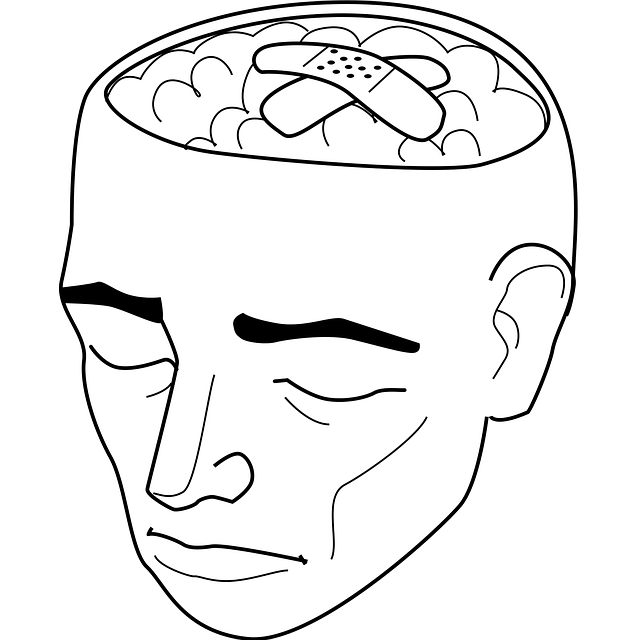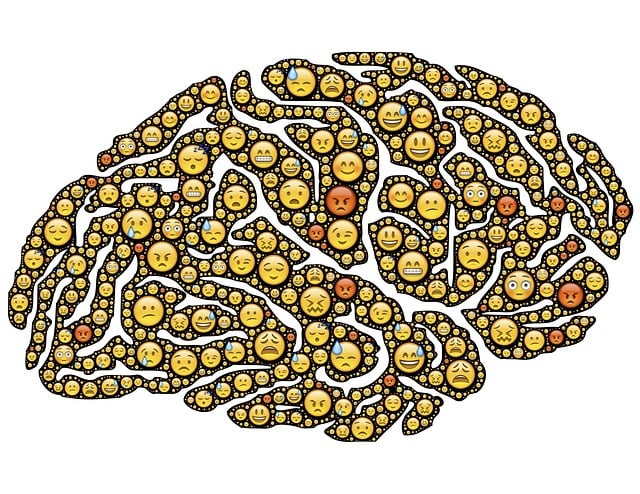Mental health professionals play a vital role in managing ADHD by employing comprehensive risk management strategies, including superior ADD-ADHD evaluations and therapy based on Mind Over Matter principles. They utilize diverse assessment methods, evidence-based treatments like CBT and mindfulness, family involvement, stress reduction techniques, and cultural sensitivity to enhance care quality. Robust risk management plans, integrating clinical practice, patient interactions, and self-care, prevent burnout and promote industry standards through advocacy, mentoring, and peer support networks, ensuring effective ADHD treatment.
In the demanding field of mental health, effective risk management planning is paramount. This article guides mental health professionals through crucial strategies for navigating risks seamlessly. We explore the essence of understanding risk management in context, delving into best practices for superior ADD-ADHD evaluations and therapy planning. Additionally, we outline a comprehensive risk mitigation plan, ensuring practitioners are equipped to deliver safe, effective care.
- Understanding Risk Management in Mental Health Practice
- Strategies for Effective ADD-ADHD Evaluation and Therapy Planning
- Creating a Comprehensive Risk Mitigation Plan
Understanding Risk Management in Mental Health Practice

In the realm of mental health practice, risk management is a cornerstone for delivering safe and effective care. It involves identifying, assessing, and mitigating potential risks that may arise during therapy sessions, ensuring the well-being of both clients and professionals. For mental health practitioners, understanding these risks is paramount, especially when addressing complex conditions such as ADD/ADHD. Superior ADD-ADHD evaluations and therapy require a nuanced approach, incorporating Mind Over Matter principles to navigate the unique challenges presented by this neurodevelopmental disorder.
Effective risk management in mental health settings involves proactive strategies. Public awareness campaigns development can play a pivotal role in educating both professionals and clients about the dynamics of mental health issues, fostering an environment where risks are openly discussed. Additionally, producing engaging Mental Wellness Podcast Series can provide platforms for sharing insights, debunking myths, and promoting healthy coping mechanisms. These initiatives contribute to a comprehensive risk management strategy, ultimately enhancing the quality of care delivered by mental health professionals.
Strategies for Effective ADD-ADHD Evaluation and Therapy Planning

Mental health professionals play a crucial role in assisting individuals with Attention-Deficit/Hyperactivity Disorder (ADHD) navigate their unique challenges. To deliver superior ADD-ADHD evaluations and therapy, practitioners must employ strategic approaches that cater to each patient’s individual needs. This involves comprehensive assessments, incorporating diverse assessment methods to capture the complexity of ADHD presentations across different developmental stages. By integrating behavioral observations, structured interviews, and evidence-based rating scales, healthcare providers gain a holistic understanding of the patient’s symptoms, functional impairments, and co-occurring conditions.
Effective therapy planning for ADHD requires tailoring interventions to address specific symptoms and goals. Evidence-based treatments such as cognitive-behavioral therapy (CBT) and mindfulness-based interventions prove beneficial in managing core symptoms while promoting executive function development. Additionally, incorporating family involvement or group therapy sessions can enhance support networks, foster better coping strategies, and prevent burnout—a critical concern within the healthcare profession, including mental health practices. Stress reduction methods and cultural sensitivity in mental healthcare practice further contribute to creating a nurturing environment that respects diverse backgrounds and promotes effective ADD-ADHD management.
Creating a Comprehensive Risk Mitigation Plan

Developing a robust risk management plan is an integral part of ensuring the well-being and effectiveness of mental health professionals. This strategy involves a meticulous process of identifying potential risks, assessing their impact, and implementing tailored mitigation measures. A comprehensive plan should address various aspects, including clinical practice, patient interactions, and personal well-being. For instance, integrating Superior ADD-ADHD Evaluations Therapy into the treatment framework requires specific risk considerations due to the unique nature of these evaluations.
Effective risk management involves promoting Self-Care Practices among mental health professionals as a proactive measure. By fostering a culture of self-awareness and resilience, therapists can better navigate challenges and reduce the likelihood of burnout. Additionally, staying abreast of Mental Health Policy Analysis and Advocacy ensures that practitioners are aligned with industry standards and legal requirements, further mitigating potential risks. Mentoring programs and peer support networks can also be integral to this process, offering a supportive environment for professionals to learn from peers and share best practices in Mental Health Education Programs Design.
Mental health professionals play a crucial role in guiding individuals with ADD-ADHD towards superior evaluations and therapy. By implementing effective risk management planning, practitioners can ensure safe and successful outcomes for their clients. This involves a comprehensive understanding of potential risks, tailored strategies for evaluation, and robust risk mitigation plans. With diligent preparation, mental health professionals can navigate complex scenarios, foster positive outcomes, and contribute significantly to the well-being of individuals navigating ADD-ADHD.











